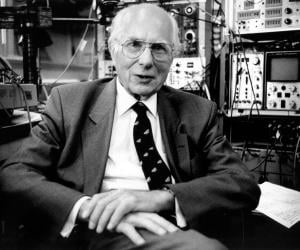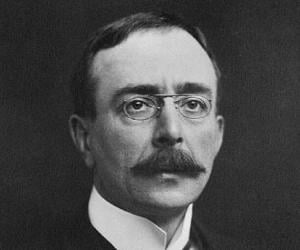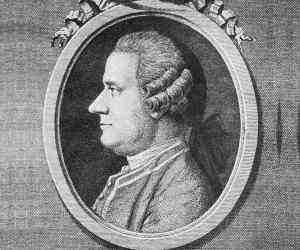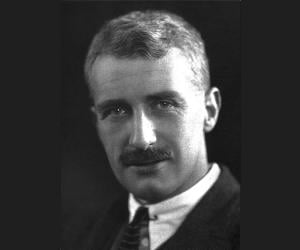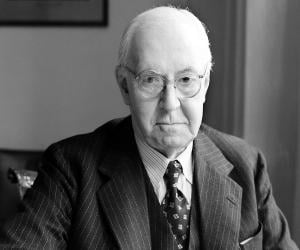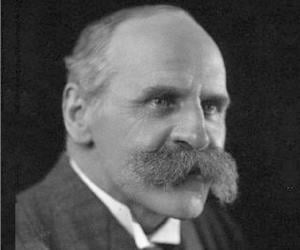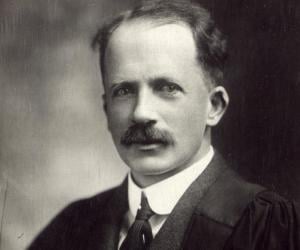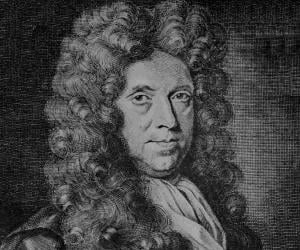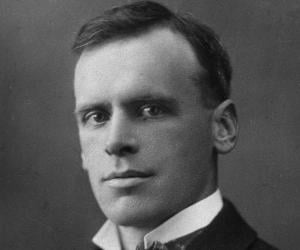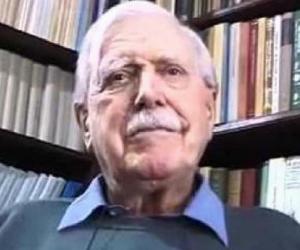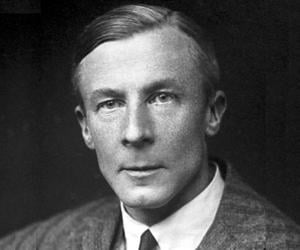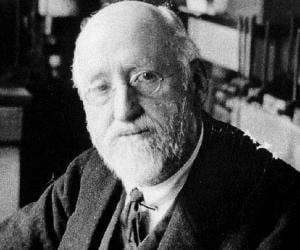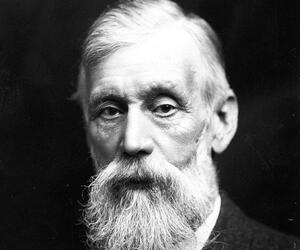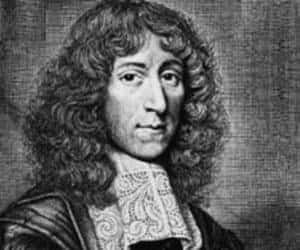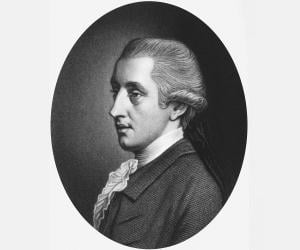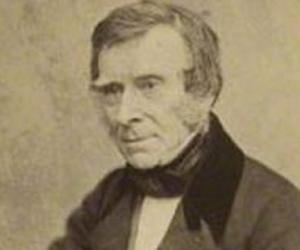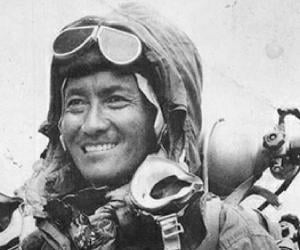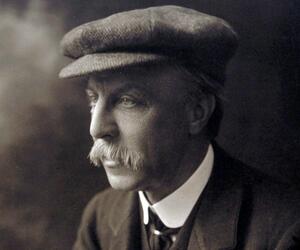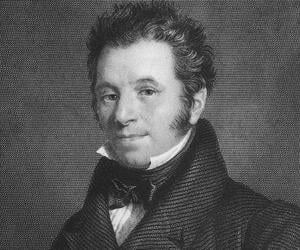1
Andrew Huxley
(English Physiologist, Biophysicist and Winner of the 1963 Nobel Prize for Physiology / Medicine)
Birthdate: November 22, 1917
Sun Sign: Sagittarius
Birthplace: Hampstead, London, England
Died: May 30, 2012
Andrew Huxley was an English physiologist and biophysicist known for his groundbreaking research on nerve impulses and muscle contraction. His collaboration with Alan Hodgkin led to the discovery of the action potential, earning them the Nobel Prize in Physiology or Medicine in 1963. Huxley's work on the sliding filament theory revolutionized our understanding of muscle mechanics. He held various prestigious positions, including head of the Department of Physiology at University College London and President of the Royal Society. Huxley's contributions were recognized with honors such as the Copley Medal and Order of Merit.
